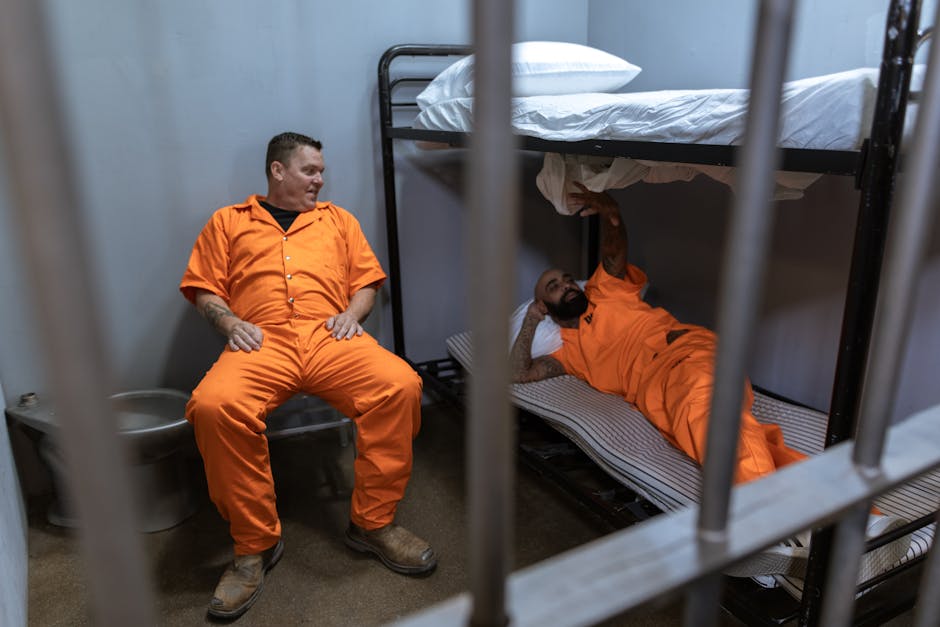Legal systems, the frameworks governing conduct and resolving disputes, are not monolithic entities. Instead, they reflect the unique values, histories, and social structures of the societies they serve. This article explores the multifaceted nature of legal systems, examining the key factors shaping their divergence and the implications of these variations.
Diverse Foundations: Understanding the Origins of Legal Systems
A crucial element in comprehending varying legal systems lies in appreciating their origins. Different societies have developed distinct approaches to law, based on diverse historical contexts. For instance, some legal traditions trace their roots to religious principles, while others are rooted in philosophical or societal norms. Religious legal systems, exemplified by Islamic law (Sharia) or Jewish Halakha, often intricately intertwine faith and law. These systems provide a comprehensive code of conduct, governing personal and communal life from marriage and inheritance to criminal justice and commerce.
Secular legal traditions, often found in Western societies, emerge from a different perspective. They frequently rely on codified laws, statutes, and judicial precedents, focusing on rational principles and interpretations. These approaches, while distinct from religious ones, may still draw inspiration from moral and philosophical ideas. Another critical element is the role of customary law, observed in numerous societies across the world. This form of law arises from long-standing practices and traditions, evolving over time to accommodate societal changes. While these diverse origins provide a foundation, societies are dynamic; legal systems are continually influenced by social, economic, and political forces.
Cultural Influences and the Legal Landscape
The cultural landscape of a society exerts a considerable influence on its legal system. Cultural values regarding individual rights, social hierarchy, and the concept of justice profoundly affect the types of laws created and the means of dispute resolution. Societies that prioritize collective well-being over individual autonomy may have legal frameworks that differ significantly from societies that emphasize individual freedoms. Concepts of fairness and accountability, as interpreted within different cultural contexts, are key drivers in the evolution and application of legal principles. For example, a culture emphasizing honor and reputation may have different legal frameworks for dealing with defamation compared to one that prioritizes individual privacy. This divergence highlights a crucial aspect: laws are not simply abstract principles but reflect the nuances of lived experience.
Legal Structures and Institutions: A Window into Societal Values
Examining the structures and institutions underpinning a legal system offers a unique insight into the values and priorities of that society. This includes the distribution of power, the organization of courts, and the roles of legal professionals. In some societies, an intricate web of traditional dispute resolution mechanisms, such as mediation or arbitration, coexists with formal legal structures. Other societies have highly centralized judicial systems, operating under well-defined rules. These variations reflect the diverse approaches to governance and social ordering. The role of the judiciary, the relationship between the executive and legislative branches, and the independence of the legal profession all contribute to a rich tapestry of legal frameworks.
Legal System Interactions and the Globalized World
The modern world is characterized by increasing interconnectedness. This has profound implications for understanding legal systems. International trade, cross-border disputes, and the rise of transnational organizations are just a few examples of how legal systems interact. International law attempts to establish a degree of consistency and cooperation among different legal systems. However, implementing these international norms within individual national legal frameworks often proves complex. The challenge lies in harmonizing the diverse values and legal traditions of multiple countries. Furthermore, the globalization of trade and finance has led to situations where the application of different legal systems impacts the rights and responsibilities of actors operating internationally.
Variations in Enforcement and Access
The effectiveness of a legal system hinges not only on its structure but also on its capacity for enforcement. Variations across societies are pronounced in this regard. The availability of resources, the level of corruption, and the capacity of law enforcement agencies all play a crucial role. Furthermore, access to legal representation and the ability to navigate legal procedures vary widely across different socioeconomic contexts. These disparities often lead to unequal outcomes under the law, highlighting the critical role of ensuring equal access to justice for all members of a society.
Conclusion: A Complex Interplay
The answer to the question, “Do different societies have different legal systems?” is unequivocally yes. Legal systems are not static entities; rather, they evolve and adapt in response to a myriad of societal pressures and changes. Understanding these divergences requires recognizing the intricate interplay of cultural norms, historical contexts, and structural factors. Ultimately, examining the variations in legal systems is crucial for appreciating the complex and dynamic nature of the societies that shape them. Moreover, understanding these differences is vital in fostering cooperation and resolving conflicts in an increasingly interconnected world. The unique approaches and adaptations in diverse societies provide valuable lessons for enhancing our own understanding of justice and legal frameworks.
